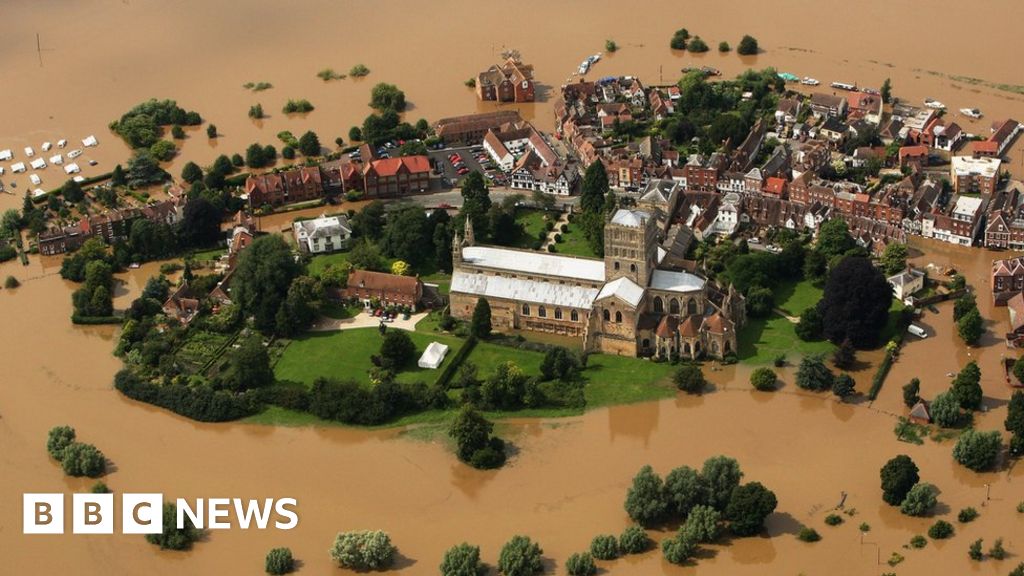johnm wrote:eltonioni wrote:johnm wrote:
You have some solution suggestions that aren't already happening?
Yes, look at river systems and stop all building on flood plains unless the flood plain capacity is properly replaced
Consider river control systems analogous to those built for the Thames.
Make sure drainage systems are properly maintained, ditches cleared dykes dredged etc....call it “Somerset level syndrome” to sort of illustrate the point.
The holding pond idea from some new developments should be retrofitted in areas where the idiocy of mixed drainage systems was implemented in the 1970s I think.... it should also be compulsory in all new developments so that surface water never sees a sewer.
I’m sure there are others but i’m not a hydrologist
We're already doing
all that. I was hoping for a new and impactful idea which wasn't basically
don't build on floodplains, ie the blue parts of the above map covering thousands of square miles of the country. ^^
There is a case to be made for better local maintenance as it seems to be patchy and retrospective after the event. Sheffield hasn't yet flooded as disastrously as 2007 because new flood alleviation works sends the water downstream to Rotherham and Doncaster now. This is just balloon squeezing.
I'm not saying that we can't improve things by tinkering around the edges, I'm saying that we can't stop these unusual flood events happening somewhere, sometime, to someone.
The Met Office are still issuing severe wind / rain warnings and flood alerts up to next Monday and I don't know where people think this water is going to go no matter how much money is spent. The only viable solution to prevent flooding property is to move people, their homes and businesses permanently and that's not going to happen because people would rather put up with flooding than demolish Tewkesbury, York and most of London.
VRB_20kt wrote:You can build a low resistance (think fat, round straight pipe) to the sea... Which is expensive, ecologically dubious and probably of limited effect.
This one isn't viable and would cause more problems. Much / most flooding occurs when outfall pipes into rivers / estuaries / sea are covered by the rising river / flood / tide. As soon as the outfall is reached water in the pipe stops flowing and it backs up, eventually making those manhole fountains in the roads (and toilets). When the whole system is full (drains, rivers, etc) the water just distributes itself outside the system and floods whatever is there.
VRB_20kt wrote:In other words, whatever you choose, there's a substantial economic and ecological impact. Unless we depopulate, there is going to be a very real bill to pay in financial, emotional and ecological terms.
Yup.
Middle East Peace Expert. Military strategist. Former economist and epidemiologist.
Not always entirely serious.
-Still learning -
 FLYER Club Member
FLYER Club Member
